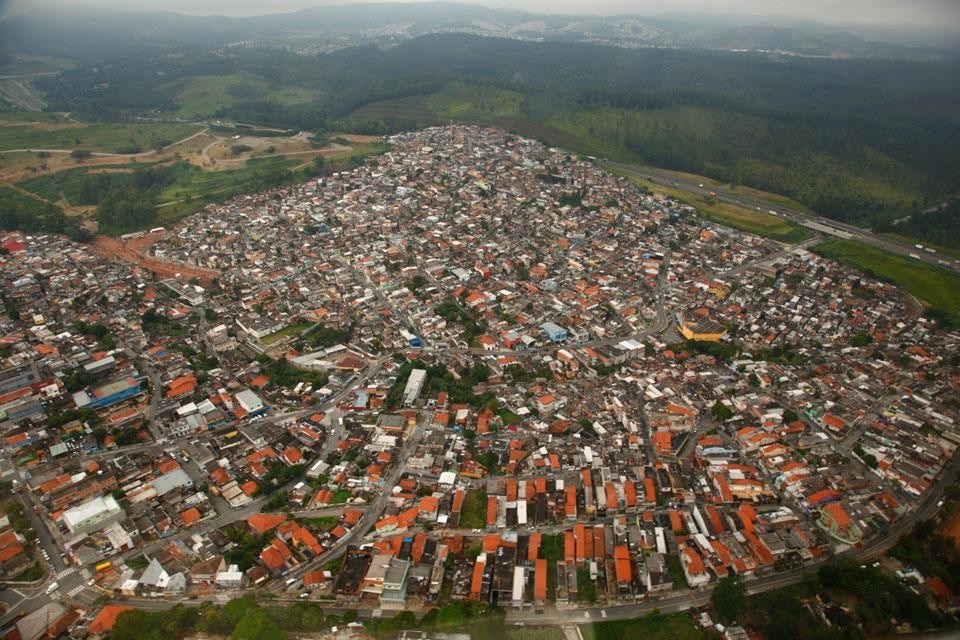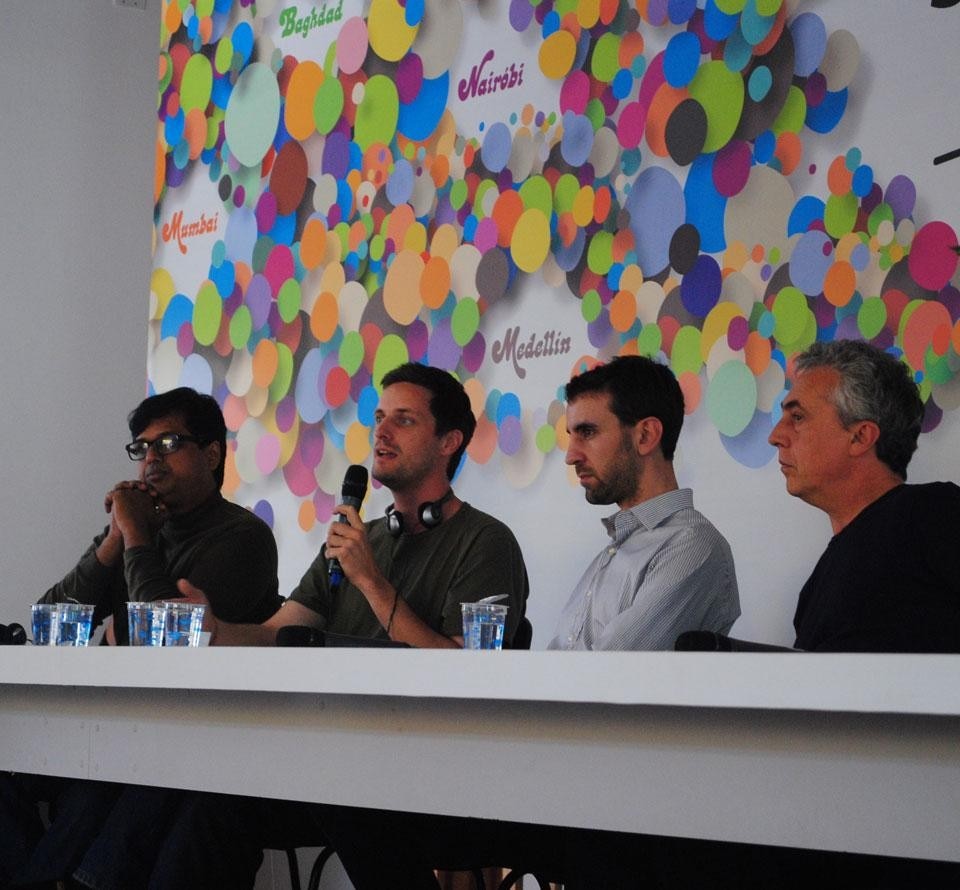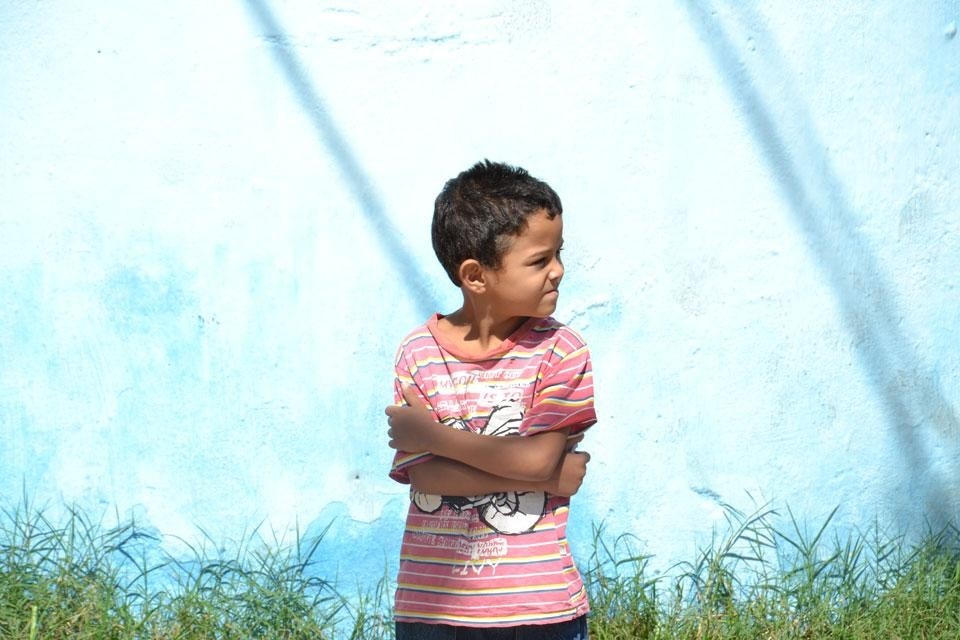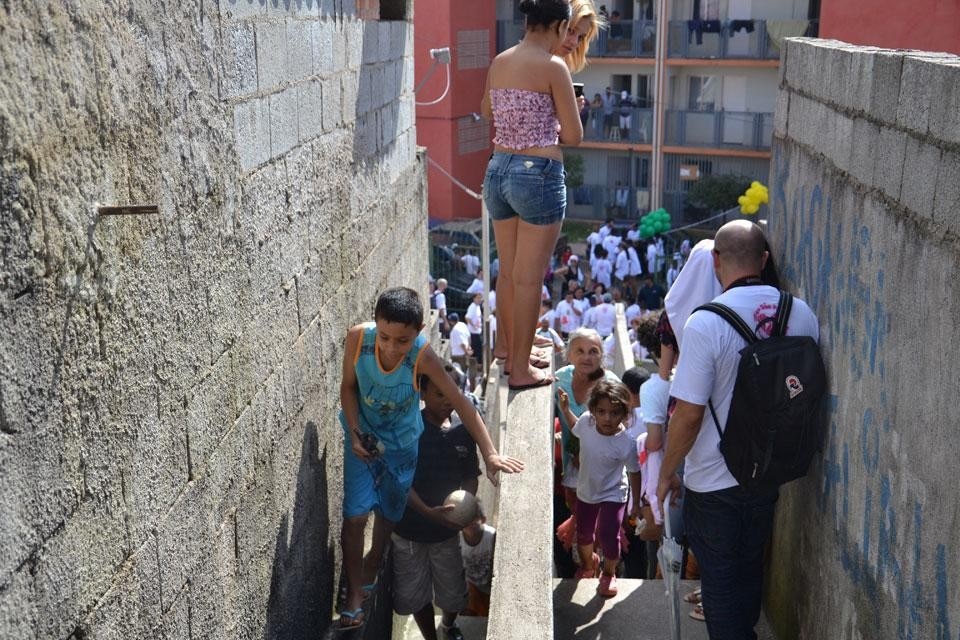From January to June an exhibition will analyze causes, characteristics, similarities and differences between informal settlements in Rome, Nairobi, Medellin, Mumbai, Moscow and Baghdad, while six moments of dialogue will turn São Paulo into the world capital of the debate on the transformation of contemporary cities.
Arguing that the designation of needs and entrepreneurial self organization of city dwellers are the first aspects to consider and stimulate in order to carry on relevant political and urban policies, São Paulo Calling proposes that each month one favela in São Paulo hosts a series of international lectures and debates that will be accompanied by street markets, parties, live music and football matches. Our aim is to bring closer those who talk about the city with those who live in it, as well as transforming the three million people living in these informal settlements into active protagonists of the ongoing changes and their theorizations.

Participants Stefano Boeri (curator of São Paulo Calling), Joseph Grima (Editor of Domus), Matias Echanove (URBZ, Darawi, Mumbai), Rahul Srivastava (URBZ, Darawi, Mumbai) and Elisabete França (Director of the Secretaria de Habitação and promoter of the project) discussed the need to build a platform of discussion from a common manifesto, opening a dialogue between the protagonists of the informal city transformations: architects, planners, researchers, politicians, administrators and local communities.

The Jornada culminated in a big party with music, food and dance, in which the inhabitants and the community leaders of São Francisco described their pride in belonging to a part of the city that they built themselves.
These city inhabitants showed that favelas are an essential part of the contemporary city, that the informal settlements are not temporary but represent a part of the city that already exists

Architecture, social networks and economic activities are strongly linked together, like the roots and branches of trees in a forest.
Improving them doesn't mean thinking a new model of city, but help a branch to grow so that the others will grow. Lorenza Baroncelli




